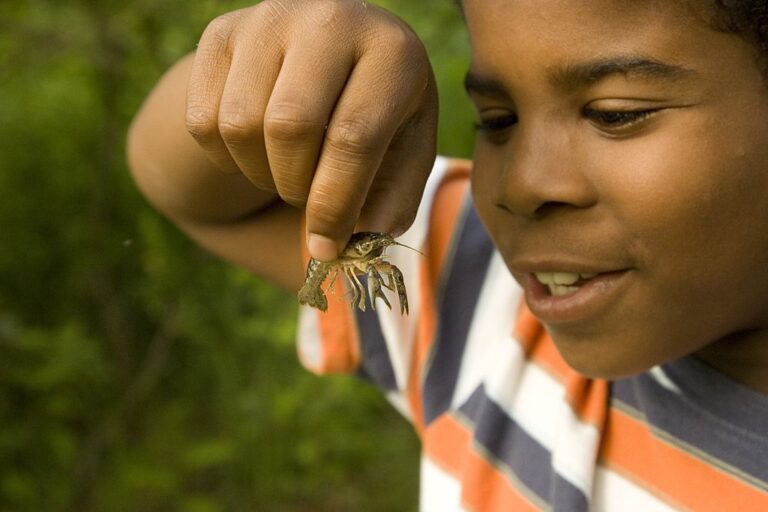
Crisis Economics in Three Parts
I.
Supply and demand. You have learned there are two things in supply and three in demand. You walk to the market with only your adolescent body and a locked front door. You ask the salesman whether he stocks safety, compassion, or at least a birthday cake. Supply is low. Demand is high. You cannot afford this. You wish that pocket lint and welts operated as currency.
II.
Prices depend on preferences. But sometimes gold and pyrite look the same to the unfocused eye. A miner sifts you out of the river and holds you to the light. You do not know whether you are gold or pyrite – all you know is that this man’s eyes eat at your glimmer. But this hand feels more comforting than the rush of drowning. Yes, even if these eyes judge you, even if this hand pockets you for later.
III.
Information is a resource. Was it the first drink he threw in your face? Or was it the first time you spilt a drink and didn’t profusely apologize to the imagined raised hands and voices? That bystander who intervened – did he teach you that men too, could show compassion? When did you learn how fools handled gold? When did you learn the agency of your supply and the power of your demand? Can you put a value on the knowledge that safety and happiness could be yours to hold?
Is that how you escaped it all?
Ruminations
It is 1:40am. A brain can knit threads together all evening,
Weaving cashmere thoughts, wool images, strings of consciousness.
I will crochet sweaters from the lonely night air when…
My mind is on loop.
It is 2:33am. A brain can plan layouts of a hundred arboretums:
Here is where we grow hawthorn hands, willow words, bamboo breath.
But planning and planting good intentions are different things when…
My mind is on loop.
It is 4:15am. A brain can shuffle among the spirits of moments
Sit among the conversation graves, dignity coffins, anger burials.
Every night I rebuild this cemetery to honor these memories when…
My mind is on loop.
Appalachian Spine
My brother once pulled a crawfish
From the stream. He held it in his
Hands, gave it a name, and kept in in a
Tank outside – but it froze that night.
I hear the echoes of the South. My
birthplace, the stage for my becoming.
I owe Appalachia for my grits, my spine,
My gift for comforting others.
But I know about the words carved on trees
Marking the purest form of destructive love.
I know for whom the church bells ring.
I know the clay is red for two reasons.
Can a crawfish survive an overnight freeze?
Should we have let the water thaw before
discarding the tiny body in the morning?
Or was this death unrecoverable?
Unlearning is an act of self-love.
But I understand hesitation to turn
the pickaxe on your own foundation.
To let yourself thaw and see…
Schrödinger tell me… Do you
cut away the roots that drank poison
instead of love. Drank poison and love?
Dead or alive – are you unfrozen?
I see dead crawfish when I think
some things are better left alone.
But what if there was a chance?
There is still unlearning to do.

Briana G. Craig (she/her/hers) is a researcher who moonlights as a writer of stories, poetry, and plays. She prefers to write about the experiences of women and recently published an all-female one-act play titled, Purple Ink (Pioneer Drama, 2020). She credits caffeine and her cat, Navi, as her main sources of inspiration.
Image: U.S. Fish and Wildlife Service Headquarters, CC BY 2.0 https://creativecommons.org/licenses/by/2.0, via Wikimedia Commons
[…] Top Stories feed. On top of that, she’s been published in several literary magazines, including Bourgeon and You Might Need to Hear This (quite a name, right?). Of course, I would be remiss if I also […]